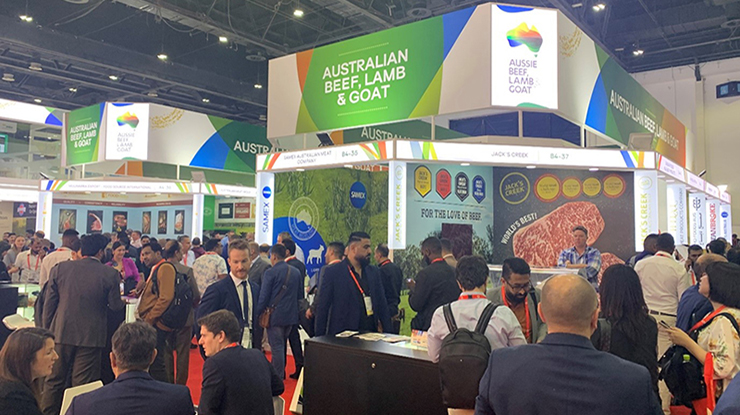The Department of Agriculture and Water Resources today released the final report on the Review of the Australian Standards for the Export of Livestock (ASEL): sea transport, along with its response.
The department has accepted all 49 recommendations in the report, either in full or in principle.
The review addresses the export of livestock by sea, from sourcing and preparation through to the management of livestock on-board vessels.
The review has recommended an allometric approach to calculating stocking densities, which will require more space for livestock on most exports. It recommends an alternative stocking option for short cattle voyages, where there is proven and continued high performance by the exporter and the vessel.
It also recommended that a Heat Stress Risk Assessment (HSRA) be applied to all voyages that cross the equator. This recommendation will require further model development to cover additional routes. Until then, HSRA will continue to apply to voyages to or through the Middle East.
Other key recommendations focused on increased animal welfare reporting and enhanced sourcing and preparation requirements to support animal welfare outcomes.
The ASEL set requirements livestock exporters must meet to ensure animals are fit to export from Australia, and their health and welfare is managed throughout the export voyage.
The ASEL review was undertaken to ensure the standards for live exports are fit-for-purpose and reflect the latest science.
It was undertaken by an independent Technical Advisory Committee, chaired by Mr Steve McCutcheon, and experts in animal health and welfare, regulatory design and the livestock industry.
The committee considered scientific literature, advice from a Stakeholder Reference Group made up of industry representative bodies, submissions provided through three rounds of public consultation, reports from independent observers on recent voyages and other relevant information.
It also considered outcomes from the review of conditions for the export of sheep to the Middle East during the northern hemisphere summer by Dr Michael McCarthy.
The standards are being updated with the committee’s recommendations. The department will implement the recommendations this year, with increased space allowances on vessels required as soon as practical.
The department has committed to conducting regular consultative reviews of the standards based on science, evidence and international practice. This will contribute towards continuous improvement of the standards and animal welfare outcomes.
A review of the standards relating to livestock exports by air will be undertaken in 2019.
For the full report and the departmental response visit https://www.agriculture.gov.au/animal/welfare/export-trade/review-asel.







